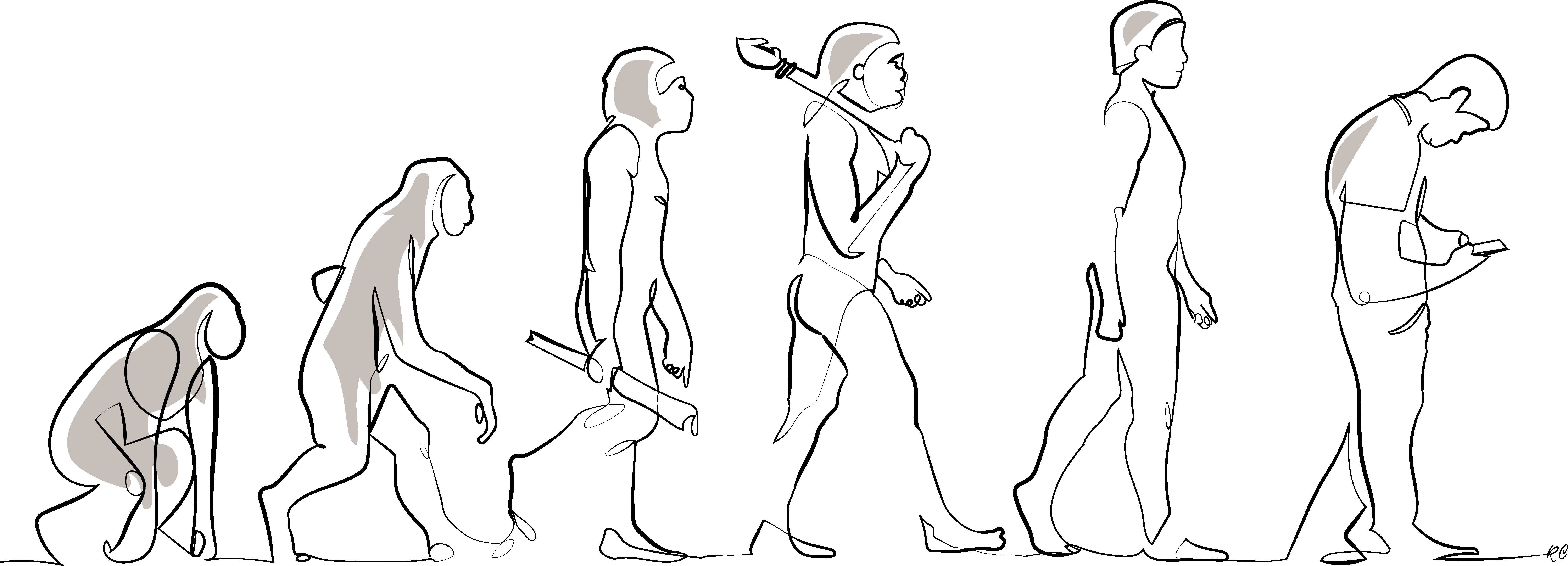On October 8, 13 states and the District of Columbia sued TikTok, alleging that the social media company’s algorithm is designed to “promote excessive, compulsive, and addictive use” in children. While each state’s complaint was filed separately in state court, the cases are coordinated around the claim that TikTok’s design is deliberately addictive, exploiting kids’ dopamine reward circuitry to reinforce their use of the platform
These claims stem from a public reckoning of the effects of social media on children. New research has also led the surgeon general to announce a mental health crisis among young people. The lawsuits, arising from the desire to hold platforms accountable for exploiting children’s susceptibility to rewarding stimuli during development, present a novel theory of liability based solely on an algorithm’s ability to cause addiction rather than adverse mental health outcomes. Holding TikTok liable could lead to major changes in social media algorithms, reducing mental health harm.






